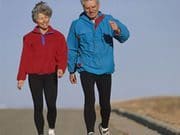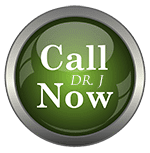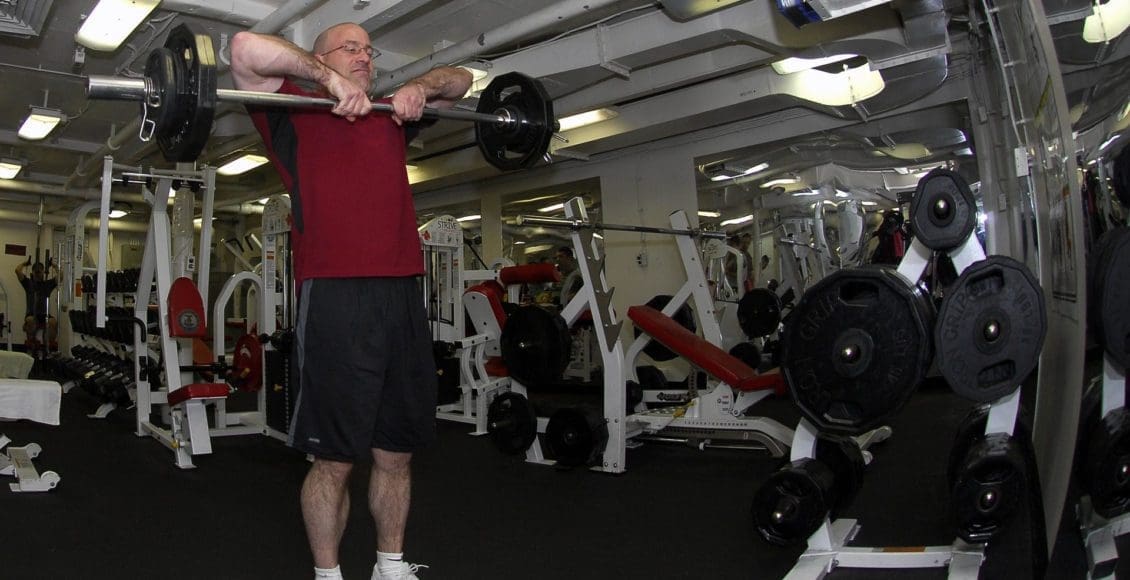The analysis of 13 clinical trials found that exercise therapy was generally good for stroke patients’ “cognition.”
Cognition refers to vital mental processes such as thinking, learning, understanding and remembering. A stroke, which cuts off blood flow to the brain, can impair those abilities.
The findings bolster what experts have long believed: Exercise can aid stroke recovery in multiple ways.
“This isn’t new,” said Daniel Lackland, a spokesman for the American Stroke Association who was not involved in the research. “We’ve known that exercise is good after a stroke.”
But, he said, the findings offer more clarity on exactly what works. They suggest, for example, that a combination of moderate aerobic exercise and training in strength and balance is most effective for improving stroke patients’ mental acuity.
Lauren Oberlin, a graduate student at the University of Pittsburgh, led the study. She said the findings confirm the value of exercise after a stroke.
Table of Contents
A Structured Exercise Program Can Help Stroke Survivors Recover Physically & Mentally

It Can Improve Mobility, Strength, Quality Of Life, & Cognition
Oberlin said. And that mental boon, she noted, may give stroke patients “additional motivation” to start an exercise program.
For the study, Oberlin and her colleagues pooled the results of 13 clinical trials that involved a total of 639 patients recovering from a stroke.
The studies all differed in a number of ways — including the type of exercise they tested, and the duration of the program.
But in general, Oberlin’s team found that patients who exercised showed bigger gains in certain mental abilities — namely, attention and processing speed — versus those who did not exercise.
And it didn’t take a long time, Oberlin said. Even exercise programs lasting four to 12 weeks were effective.
It also appears that exercise helps even when patients begin more than three months after their stroke. In fact, Oberlin said, those patients were, on average, about 2.5 years past their stroke.
The most effective programs offered patients exercises aimed at strength, balance, stretching and aerobic fitness — the kind, Oberlin noted, that “gets your heart rate up and makes you sweat.”
But that doesn’t have to mean an intense workout, Oberlin noted. Walking on a treadmill does the job. And for people with balance problems or other physical limitations, she said, there are options like recumbent stationary bikes and rowing machines.
Does it necessarily take a formal exercise program? Maybe not, Oberlin said. As long as stroke patients have been cleared to exercise on their own, they may be able to do something as simple as take a daily walk.
“But if you have mobility issues, you might need a supervised program,” Oberlin said. “What’s critical is that you talk to your doctor first, to make sure that any activity you want to do is safe.”
Lackland agreed, and also noted that exercise is just one part of stroke recovery. He said patients need to take “comprehensive measures” to improve their health and reduce the likelihood of suffering another stroke.
“That includes good blood pressure control, weight control, not smoking and limiting salt in the diet,” Lackland said.
Why Would Physical Activity Benefit Mental Sharpness After A Stroke?
Other research points to several possible reasons, Oberlin said: Exercise may improve blood flow to the brain, promote the growth of new brain cells and connections among those cells, and reduce inflammation, to name a few.
Oberlin was to present the findings Wednesday at the International Stroke Conference in Houston. Research presented at meetings is considered preliminary until published in a peer-reviewed journal.

SOURCES: Lauren Oberlin, M.S., graduate student, psychology, University of Pittsburgh; Daniel Lackland, Dr.P.H., spokesman, American Stroke Association, and professor, medicine, Medical University of South Carolina, Charleston; Feb. 22, 2017, presentation, International Stroke Conference, Houston
News stories are written and provided by HealthDay and do not reflect federal policy, the views of MedlinePlus, the National Library of Medicine, the National Institutes of Health, or the U.S. Department of Health and Human Services.
Post Disclaimer
Professional Scope of Practice *
The information on this blog site is not intended to replace a one-on-one relationship with a qualified healthcare professional or licensed physician and is not medical advice. We encourage you to make healthcare decisions based on your research and partnership with a qualified healthcare professional.
Blog Information & Scope Discussions
Welcome to El Paso's Premier Wellness and Injury Care Clinic & Wellness Blog, where Dr. Alex Jimenez, DC, FNP-C, a board-certified Family Practice Nurse Practitioner (FNP-BC) and Chiropractor (DC), presents insights on how our team is dedicated to holistic healing and personalized care. Our practice aligns with evidence-based treatment protocols inspired by integrative medicine principles, similar to those found on this site and our family practice-based chiromed.com site, focusing on restoring health naturally for patients of all ages.
Our areas of chiropractic practice include Wellness & Nutrition, Chronic Pain, Personal Injury, Auto Accident Care, Work Injuries, Back Injury, Low Back Pain, Neck Pain, Migraine Headaches, Sports Injuries, Severe Sciatica, Scoliosis, Complex Herniated Discs, Fibromyalgia, Chronic Pain, Complex Injuries, Stress Management, Functional Medicine Treatments, and in-scope care protocols.
Our information scope is limited to chiropractic, musculoskeletal, physical medicine, wellness, contributing etiological viscerosomatic disturbances within clinical presentations, associated somato-visceral reflex clinical dynamics, subluxation complexes, sensitive health issues, and functional medicine articles, topics, and discussions.
We provide and present clinical collaboration with specialists from various disciplines. Each specialist is governed by their professional scope of practice and their jurisdiction of licensure. We use functional health & wellness protocols to treat and support care for the injuries or disorders of the musculoskeletal system.
Our videos, posts, topics, subjects, and insights cover clinical matters and issues that relate to and directly or indirectly support our clinical scope of practice.*
Our office has made a reasonable effort to provide supportive citations and has identified relevant research studies that support our posts. We provide copies of supporting research studies available to regulatory boards and the public upon request.
We understand that we cover matters that require an additional explanation of how they may assist in a particular care plan or treatment protocol; therefore, to discuss the subject matter above further, please feel free to ask Dr. Alex Jimenez, DC, APRN, FNP-BC, or contact us at 915-850-0900.
We are here to help you and your family.
Blessings
Dr. Alex Jimenez DC, MSACP, APRN, FNP-BC*, CCST, IFMCP, CFMP, ATN
email: coach@elpasofunctionalmedicine.com
Licensed as a Doctor of Chiropractic (DC) in Texas & New Mexico*
Texas DC License # TX5807
New Mexico DC License # NM-DC2182
Licensed as a Registered Nurse (RN*) in Texas & Multistate
Texas RN License # 1191402
ANCC FNP-BC: Board Certified Nurse Practitioner*
Compact Status: Multi-State License: Authorized to Practice in 40 States*
Graduate with Honors: ICHS: MSN-FNP (Family Nurse Practitioner Program)
Degree Granted. Master's in Family Practice MSN Diploma (Cum Laude)
Dr. Alex Jimenez, DC, APRN, FNP-BC*, CFMP, IFMCP, ATN, CCST
My Digital Business Card


